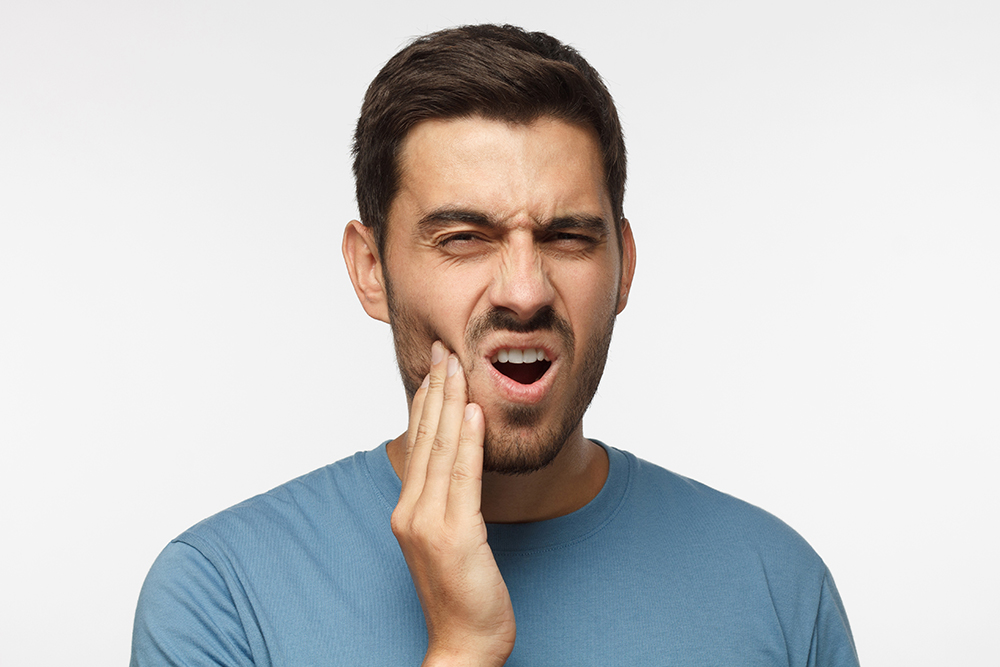How Is a Traumatic Tooth Injury Treated?

Sports mishaps, accidents, and falls often result in traumatic tooth injuries, and we at Prime Orthodontics are here to help. We will evaluate your type of injury, the location, and the severity of the damage and administer the urgent care needed to get your smile back on track. You can always count on us for care that exceeds your expectations.
What Are Common Traumatic Tooth Injuries?
Common traumatic injuries include avulsed (knocked-out), luxated (dislodged), cracked, or fractured teeth. Make sure to seek treatment as soon as possible because a tooth treated promptly has the best chance of being saved. We will coordinate treatment with your general dentist to ensure the best possible outcomes.
Knocked-Out Teeth
When it comes to a knocked-out tooth, treatment within an hour of injury will ensure the best possible outcomes. Gently rinse the affected tooth without touching the root and place it back in its socket. If that’s not possible, store it in a milk container or water with a dash of salt. When you arrive at our practice, we will evaluate the affected tooth and may stabilize it with a splint. Depending on the stage of the root development, we may recommend root canal therapy to save your tooth.
Dislodged Teeth
A dislodged or luxated tooth is one that has been pushed sideways, into, or out of its socket. We will stabilize your tooth and may recommend root canal therapy to save it. When it comes to children with teeth still developing, a dislodged tooth will require monitoring to determine whether intervention is necessary.
Chipped or Fractured Teeth
If a chip or fracture exposes your tooth pulp, you may require root canal therapy to save your tooth. If your tooth has sustained a root fracture, the closer it is to the root tip, the better the chances are to save the tooth. A fracture closer to the chewing surface of the tooth is more problematic. Stabilization with a splint may be necessary while the tooth heals. If the pulp tissue is damaged, we may recommend root canal therapy.
When it comes to children with developing teeth, we may recommend a procedure known as apexogenesis. That involves placing a medication on the injured soft tissue to encourage root development as the pulp heals. If apexogenesis is unsuccessful, we may recommend a procedure known as apexification, which involves removing the damaged pulp tissue and placing medication into the root to allow a hard tissue to form near the root tip. That procedure provides the barrier needed for successful root canal therapy.
Traumatic Tooth Injury Treatment Near Me
We, at Prime Endodontics, are grateful for your trust in our practice and look forward to delivering the outstanding care you need and deserve. Dr. Shakiba and her team will spare no effort to preserve a natural tooth and relieve you of any pain or discomfort. We are here for you every step of the way!
